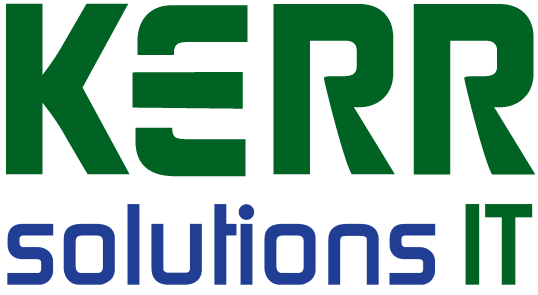How to Select the Right Software
Part 2 of 10 – Computer Ownership
This article is the second of our 10 part mini-series of self-help articles covering all facets of computer ownership. This week we will cover the topic complex topic of computer software – what do you need and what will it cost? Firstly we should look at what software actually is and what it does for you. We will be referring to PC’s in these articles however this encompasses all devices from tablets & netbooks through to workstations and everything in between.
Your PC will always come with an operating system (OS) which nowadays is normally Windows 8. This OS is comprised of millions of lines of computer coding that ‘talks’ directly to your computer hardware and controls the general operation of your PC – hence the name operating system. Your PC would not even display any information on the screen without an OS. Most OS’s have a number of useful basic programs ‘built in’ such as a calculator, a paint program & a web browser such as Internet Explorer. These basic ‘software programs’ come as part of the OS and have varying amounts of usefulness.
To gain further use from their PC most people install extra software to perform tasks that are specific to their needs. Software such as a word editor, a spread sheet editor, an accounting package, an email package, a photo editor and even a computer game are all examples of a software program that has been developed ‘written’ for a particular use. It is also important to realise the difference between these software packages and the actual files (often called user data) that people create when using these packages.
The IT industry is saturated with literally millions of software packages which often look near the same and perform very similar tasks. Some of these packages are much easier to drive and more useful than others. One of the most popular is the ‘Office’ suite of programs made by industry giant Microsoft. Comprised of software titles such as Word, Excel, Power Point, Publisher & Outlook there are several MS Office suites that are available for use on a PC. Varying in price from $180 to $600 these need to be carefully researched before purchase as some of these suites such as the MS Office Home & Student package are not legal for use in a business environment– buyer beware!
As an alternative to the above there is also a free suite of software programs known as OpenOffice which perform similar tasks but are not subject to the same licencing restrictions and costs. A similar situation exists in Anti-virus software whereby a business needs to run a ‘paid for’ Anti-virus program such as the very good Trend Micro Anti-virus whereas a home user can legally run a free Anti-virus such as the ‘almost as good’ Avast Home edition.
When installing software remain vigilant that you are not installing something that you don’t need and look out for the install packages that automatically install 3rd party software which is often simply junk. I mention these points as it is the amount of software that you have installed on your PC that actually slows it down. This is contrary to popular belief that user data (e.g. 1000’s of photos) slow a PC – which is not the case. If you have some software on your PC that you are never going to use again then also try to uninstall it through the proper Add/Remove section ‘Programs & Features’ in the Control Panel.
Another point to be aware of with software is that the manufacturers are constantly adding features and fixing small problems (bugs) with their software. These fixes are delivered or made available as ‘updates’ to the software which are normally downloaded from the Internet. These updates are valid for software packages such as your original Microsoft OS as well as for software from companies such as Adobe, Java, all Anti-virus companies and for any software that you have paid for. However, be wary of software ‘scams’ asking you to do bogus software updates – but landing you with a virus instead. Next week’s topic – where should I buy my PC?
Future Byte Me topics can be emailed to [email protected] and Bruce is contactable at Kerr Solutions, 205 Musgrave Street or on 49 222 400.
For more advice and assistance from Kerr Solutions, like and follow us on Facebook

